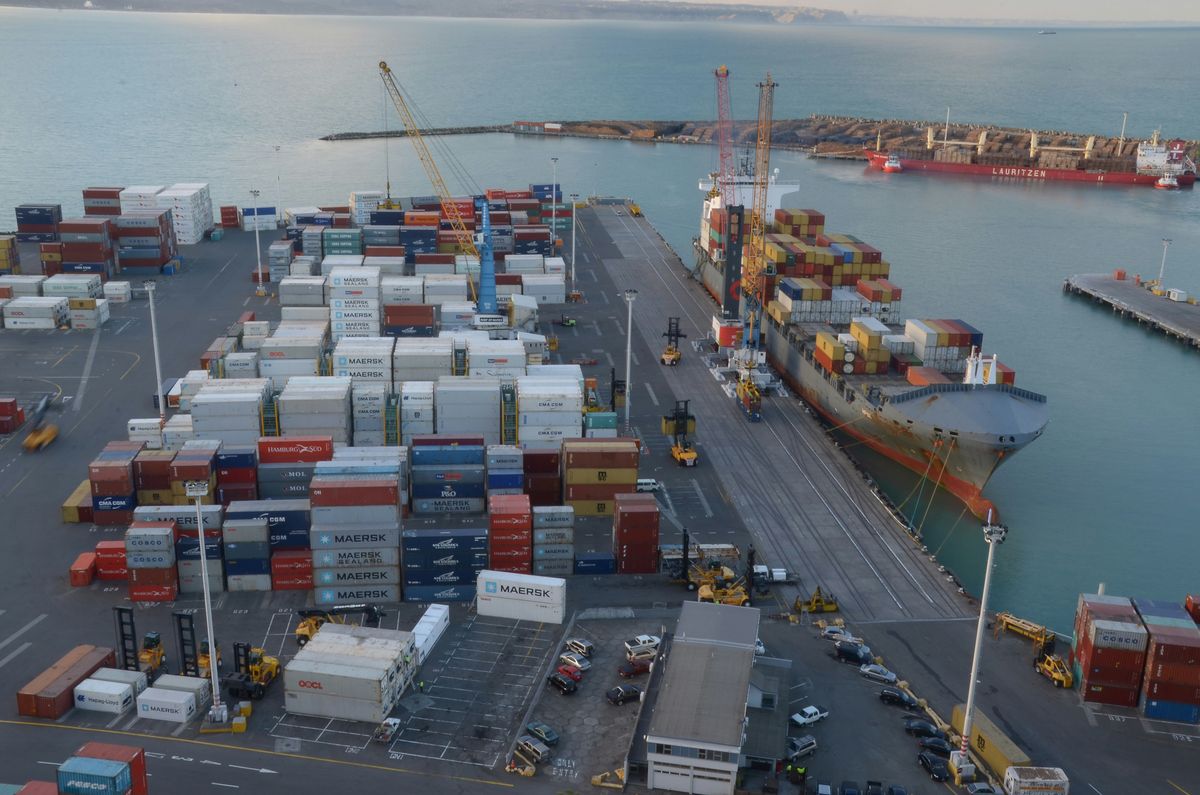Managing non-payment in industrial supplies trade with Taiwan can be challenging, but having a structured recovery system and clear rates for debt collection can help companies navigate through these difficulties. This article discusses a three-phase recovery system for company funds and the rates for debt collection in detail.
Key Takeaways
- Implementing a three-phase recovery system can help in effectively recovering company funds from non-paying debtors.
- Having clear rates for debt collection based on the number of claims and age of accounts is essential for managing non-payment situations.
- Consider the options of closure of the case or litigation based on the investigation results and debtor’s assets before proceeding with legal action.
- Be aware of the upfront legal costs involved in litigation, which typically range from $600.00 to $700.00, depending on the debtor’s jurisdiction.
- Understand the collection rates for different scenarios, such as accounts under 1 year in age, accounts over 1 year in age, accounts under $1000.00, and accounts placed with an attorney.
Recovery System for Company Funds
Phase One
In the initial thrust of our Recovery System, we act swiftly. Within the first 24 hours of receiving an account, we deploy a multi-channel approach:
- A series of four letters is dispatched via US Mail.
- We conduct skip-tracing and investigations to secure prime financial and contact data on the debtors.
- Our collectors engage with the debtor, aiming for a resolution through persistent phone calls, emails, text messages, and faxes.
Daily attempts are made to reach the debtor during the first critical 30 to 60 days. Our goal is clear: resolve the matter expediently. If this phase does not yield results, we escalate to Phase Two, involving our network of affiliated attorneys.
Phase Two
Once we escalate to Phase Two, our affiliated attorneys take the reins. They draft urgent letters on law firm letterhead, signaling the seriousness of the situation to the debtor. Simultaneously, they employ direct phone calls to push for a resolution. Here’s what we do:
- Immediate drafting of a demand letter by the receiving attorney.
- Persistent phone contact attempts by the attorney’s office.
If these intensified efforts don’t yield results, we’re transparent about it. We’ll send you a detailed letter outlining the challenges and our advised next step.
We’re committed to clear communication and strategic action at every phase.
Remember, our goal is to recover your funds with minimal friction. If litigation is the next course of action, we’ll guide you through the decision-making process, ensuring you’re informed every step of the way.
Phase Three
At the crossroads of Phase Three, we face critical decisions. If our investigation suggests recovery is improbable, we’ll advise case closure, sparing you any fees. When litigation appears viable, you’re at a decision point. Opting out incurs no cost, but choosing legal action necessitates upfront fees, typically $600-$700. These cover court costs and filing fees, essential for pursuing your claim in court.
Should you decide to litigate, here’s a snapshot of potential costs:
| Expense Type | Estimated Cost |
|---|---|
| Court Costs | $600 – $700 |
| Filing Fees | Included in Court Costs |
Remember, if litigation doesn’t yield results, you owe us nothing. It’s a no-win, no-fee commitment from our side to ensure your peace of mind.
In the event of non-payment, we continue to exert pressure through persistent collection activities. Our tenacity is your ally in the relentless pursuit of what’s rightfully yours.
Rates for Debt Collection
Rates for 1 through 9 Claims
When we tackle the challenge of non-payment, our rates are as straightforward as our approach. For the initial 1 to 9 claims, we’ve structured our fees to align with the age and size of the accounts. The younger the debt, the lower the fee – a fair deal for all involved.
Here’s a quick breakdown:
- Accounts under 1 year: 30% of the amount collected
- Accounts over 1 year: 40% of the amount collected
- Accounts under $1000: 50% of the amount collected
For those particularly stubborn cases that require legal intervention, attorney involvement doesn’t change our commitment to cost-effectiveness. Regardless of the account specifics, the rate is set at 50% of the amount collected.
We’re committed to transparency and efficiency in every step of the debt recovery process. Our rates reflect our dedication to providing value while vigorously pursuing what’s owed to your business.
Rates for 10 or More Claims
When we handle a volume of 10 or more claims, we’re able to offer more favorable rates. Bulk submissions translate to reduced costs for you, making the recovery process more efficient and cost-effective. Here’s how our rates break down for larger claim batches:
| Age of Account | Rate of Collection |
|---|---|
| Under 1 year | 27% |
| Over 1 year | 35% |
| Under $1000 | 40% |
| With Attorney | 50% |
These rates are designed to incentivize larger submissions, ensuring that your efforts to recover funds are aligned with a cost structure that supports your bottom line.
We understand the importance of a streamlined collection process. Our tiered pricing reflects our commitment to providing value while maintaining the highest standards of service.
Remember, the more claims you submit, the more you save. It’s a straightforward approach to a complex issue, and we stand ready to assist you every step of the way.
Frequently Asked Questions
What is the Recovery System for Company Funds?
The Recovery System for Company Funds consists of three phases. Phase One involves sending letters to debtors, skip-tracing, and attempting to contact debtors for resolution. Phase Two includes forwarding the case to affiliated attorneys for legal action. Phase Three involves recommending either closure of the case or proceeding with litigation.
What are the rates for debt collection?
Rates for debt collection vary based on the number of claims and age of accounts. For 1 through 9 claims, rates range from 30% to 50% of the amount collected. For 10 or more claims, rates range from 27% to 50% of the amount collected.
How are legal costs handled in the recovery process?
If legal action is recommended in Phase Three, upfront legal costs such as court fees must be paid by the client. If litigation fails, the client owes nothing to the firm or affiliated attorney.
What happens if the debtor’s assets do not support recovery in Phase Three?
If recovery is deemed unlikely due to the debtor’s assets, the case may be recommended for closure. The client owes nothing in such cases.
What actions are taken if debtors do not respond in Phase One?
If attempts to contact debtors fail in Phase One, the case is escalated to Phase Two where it is forwarded to affiliated attorneys for further action.
Can clients choose not to proceed with legal action in Phase Three?
Clients have the option to withdraw the claim and owe nothing if they decide not to proceed with legal action in Phase Three. Alternatively, they can choose to proceed with legal action by paying upfront legal costs.





